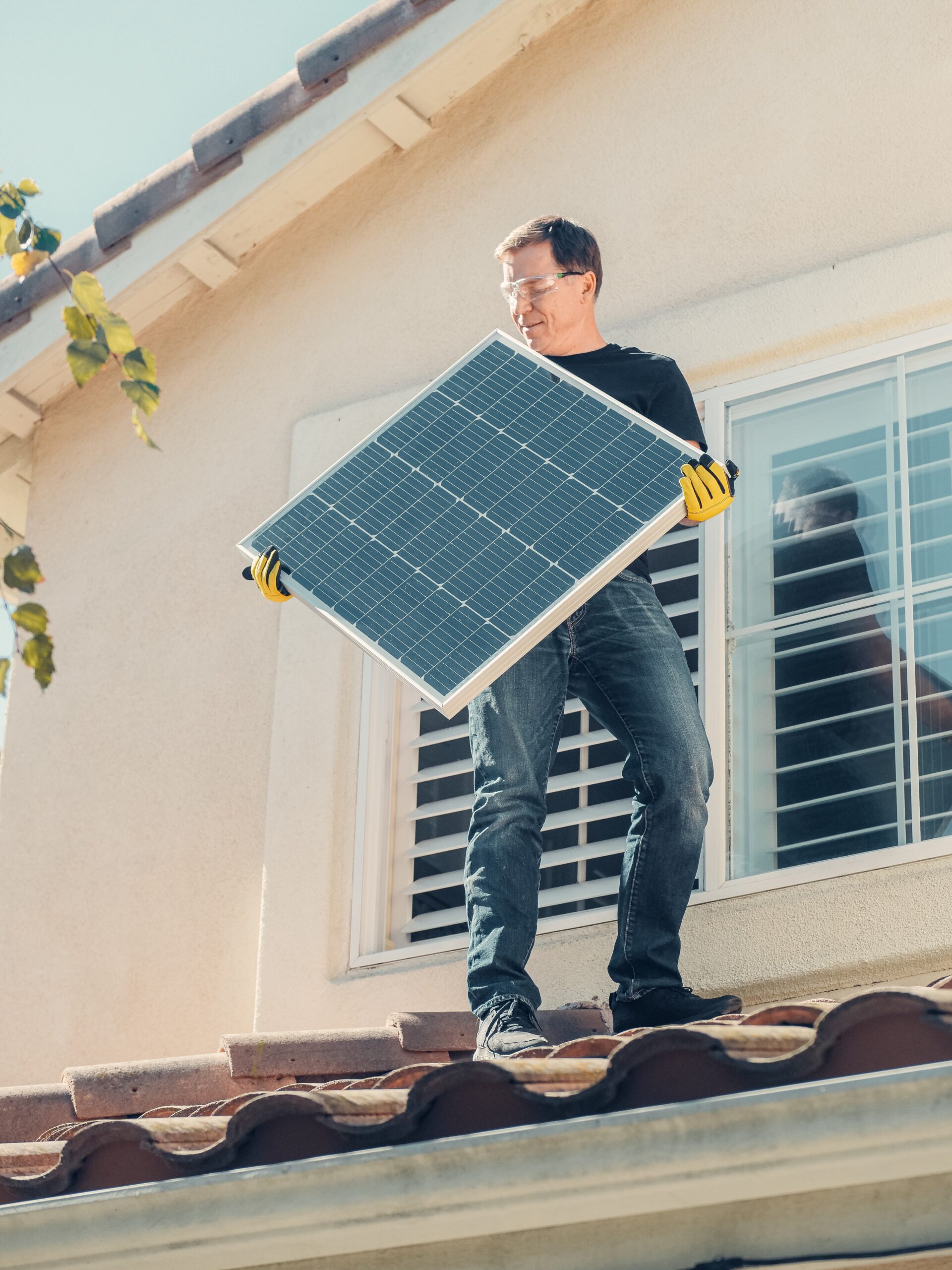As the world continues to grapple with a climate crisis, many are considering greener alternatives to power their homes and lives. Solar energy, harnessed from our very own Sun, stands as a stellar solution. But can it genuinely fuel an entire home? This article explores the potential of solar energy as a sustainable power source for households, incorporating home solar installations reviews to provide real-world evidence of its benefits.
Understanding Solar Energy
Solar energy systems convert sunlight directly into electricity through photovoltaic (PV) cells or indirectly with concentrated solar power systems (CSPs). PV cells are more common and used in rooftop solar installations. They capture solar particles called photons and convert them into usable energy. CSPs use mirrors to concentrate sunlight onto receivers that collect the solar energy and convert it into heat, further producing electricity.
The Power of Solar Panels
Solar panels, garnished with PV cells, are the most visible component of any home’s solar system. The number of panels your home needs will depend on your power usage, roof size, and amount of sunlight exposure per day. Typically, an average household using between 20 to 24 kilowatt-hours (KWh) per day requires approximately 20 solar panels.
Benefits of Harnessing Solar Power at Home
Generating electricity through solar power offers significant benefits. It is environmentally friendly because it greatly reduces greenhouse gas emissions by replacing traditional energy sources like coal and natural gas. Because sunshine is freely accessible and unlimited in supply, running costs are minimal compared to non-renewable sources. Plus, surplus power can be stored in batteries for cloudy or rainy days or sold back to the grid.
Additionally, having a solar-powered home adds to property value while substantially decreasing electricity bills—making it a sound investment.
Solar Power Limitations
There are limitations worth noting. Initial installation costs can be high due to purchasing panels and setting up infrastructure—a possible deterrent for some homeowners. Sunlight availability varies between locations and seasons which can affect power generation negatively during colder months or in less sunny regions. Battery storage capacity also determines how much excess power can be saved for after dark periods.
Government Support
Numerous governments worldwide support the transition towards renewable resources by providing incentives such as tax credits for homeowners who install solar panels—significantly reducing upfront costs while encouraging adoption of this cleaner energy alternative.
So, Can Solar Energy Truly Power Your Home?
If you consider all discussed factors; indeed, you can entirely power your home using solar energy given that your general location has sufficient sunlight throughout the year eradicating any shortage issues during shorter days or cloudy periods provided by ample battery storage capacity and if you are prepared to make the initial investment.
Conclusion
Solar energy’s potential to wholly power homes is brighter than ever due to technological advancements and supporting regulations boosting its attractiveness as a renewable alternative. Though challenges persist like high initial costs and dependency on weather conditions; benefits typically outweigh concerns for those committed to reducing their environmental footprint while capitalizing on long-term savings.
